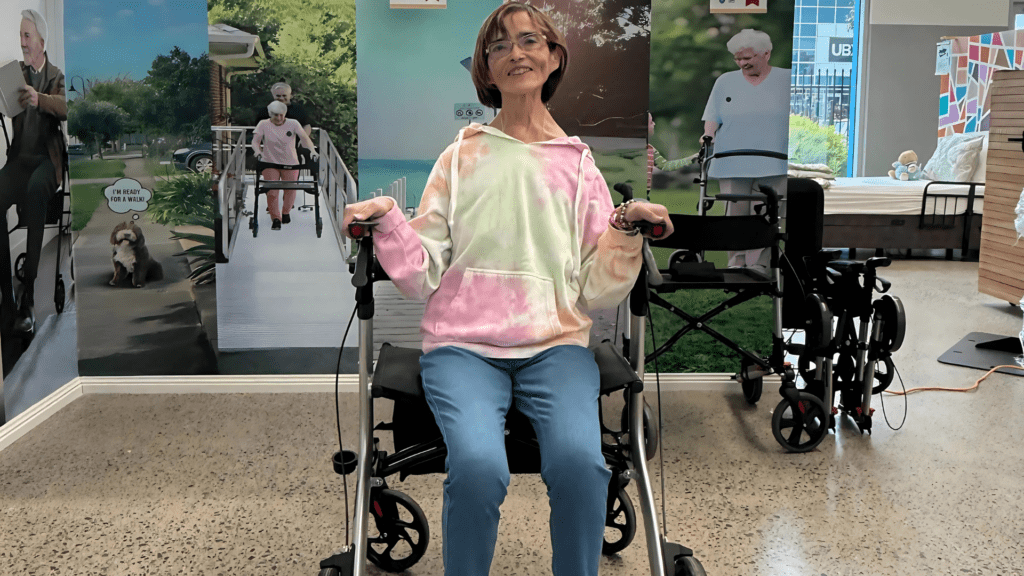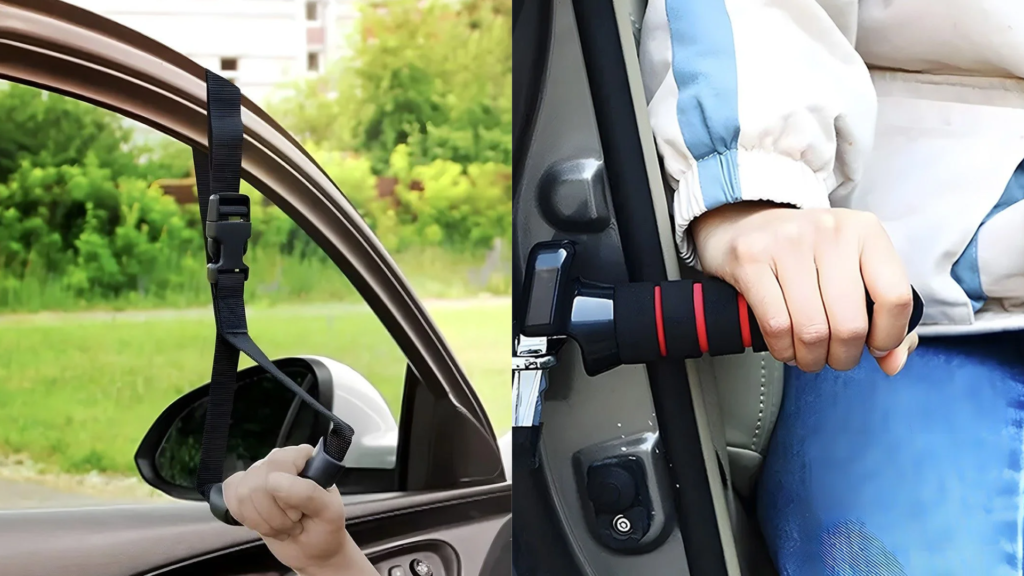Introduction: Why Choosing the Right Manual Wheelchair Matters
Manual wheelchairs are more than just mobility aids—they are daily essentials that affect independence, comfort, and lifestyle. Choosing between a folding manual wheelchair and a rigid manual wheelchair is one of the most important decisions for wheelchair users, carers, and therapists.
Each type has its strengths and limitations. Folding wheelchairs are valued for portability and travel convenience, while rigid models are favoured for performance, efficiency, and durability. The right choice depends on whether you prioritise flexibility or stability.
For those considering options, Care With Us provides a wide selection of manual wheelchairs in Australia, including hire and purchase models.
What Are Folding Manual Wheelchairs?
A folding manual wheelchair is designed with a cross-brace frame that allows the chair to collapse for storage and transport. This makes it a popular choice for people who travel frequently, have limited space at home, or rely on carers to lift and store the chair in vehicles.
Pros of Folding Manual Wheelchairs
- Portable and compact: Easy to fold and fit into car boots or public transport.
- Convenient for carers: Lighter weight makes lifting and handling simpler.
- Good for occasional use: Suits people who may not need a wheelchair all day.
- Storage-friendly: Folds into smaller spaces at home or work.
Cons of Folding Manual Wheelchairs
- Less rigid frame: Can flex, reducing propulsion efficiency.
- Heavier than rigid chairs: Cross-brace adds extra weight.
- Durability trade-offs: May wear faster with heavy daily use.
- Less responsive handling: Not as smooth for active users.
If portability is your top priority, a ultra-light folding wheelchair is worth considering.
What Are Rigid Manual Wheelchairs?
A rigid manual wheelchair has a solid, non-folding frame designed for maximum performance. They are lighter, stronger, and more efficient for propulsion, making them ideal for full-time wheelchair users who value smooth handling and durability.
Pros of Rigid Manual Wheelchairs
- Efficient propulsion: Strong frame provides smoother ride and less energy loss.
- Lightweight build: Typically lighter than folding models due to fewer moving parts.
- Durable and long-lasting: Withstands daily, intensive use.
- Customisable fit: Often tailored for posture, comfort, and specific therapy needs.
Cons of Rigid Manual Wheelchairs
- Not as compact: Cannot fold in half, making transport more challenging.
- Requires more planning: May need a larger vehicle or adapted transport.
- Higher cost: More expensive due to performance design.
- Less flexible storage: Not ideal for small living spaces.
Rigid wheelchairs are often chosen by active users and those seeking independence with consistent, everyday use.
Key Differences: Folding vs Rigid Models
Feature | Folding Manual Wheelchair | Rigid Manual Wheelchair |
Frame Design | Cross-brace, foldable | Fixed, non-folding |
Portability | Highly portable, travel-friendly | Less portable, bulkier |
Weight | Slightly heavier | Lighter overall |
Durability | Moderate for daily use | Very durable, long-lasting |
Performance | Less efficient propulsion | Smooth, efficient ride |
Best For | Occasional or travel use | Full-time, active users |
Which Wheelchair Is Best for Daily Living?
- Choose folding wheelchairs if portability, travel, and ease of storage are most important. These models work well for occasional users, seniors, or those who depend on carers for transport.
- Choose rigid wheelchairs if you are a full-time user who values efficiency, durability, and performance. They provide long-term comfort and independence but require more planning for storage and transport.
If you are unsure, therapists often recommend trialling both. Care With Us offers manual wheelchairs in Victoria with home trial options for NDIS and aged care clients.
NDIS and Purchase Considerations in Australia
Both folding and rigid manual wheelchairs can be funded under the NDIS or aged care programs when prescribed by allied health professionals. Factors such as medical condition, frequency of use, and living environment are considered before funding approval.
- Folding models may be funded as mobility aids for aged care and disability clients.
- Rigid models are often prescribed as NDIS manual wheelchairs for long-term daily use.
Our team can assist with product selection, quotes, and guidance for NDIS applications. Contact us for professional advice.
Conclusion: Making the Right Choice
Folding and rigid manual wheelchairs each offer unique benefits. Folding models are perfect for portability, storage, and travel convenience, while rigid models provide superior durability, smoother handling, and efficiency for daily living.
The right decision depends on your mobility goals, lifestyle, and available funding. Working with therapists and suppliers ensures you choose the best solution for comfort and independence.
Browse our manual wheelchairs today or get in touch for NDIS support.
FAQs
- What is the main difference between folding and rigid manual wheelchairs?
Folding wheelchairs are portable and compact, while rigid wheelchairs are more durable and efficient for daily use. - Are folding wheelchairs suitable for full-time use?
They can be used daily but may not provide the same durability and efficiency as rigid models for long-term users. - Which is lighter: folding or rigid manual wheelchairs?
Rigid wheelchairs are generally lighter because they have fewer moving parts. - Can folding manual wheelchairs fit into car boots?
Yes, folding models are designed for easy transport and storage, making them ideal for travel. - Are rigid wheelchairs more expensive?
Yes, rigid wheelchairs usually cost more due to their performance-focused design and customisation options. - Can I trial both types before buying?
Yes, Care With Us provides wheelchair trials in Victoria so users and therapists can find the best fit. - Does the NDIS cover both folding and rigid manual wheelchairs?
Yes, depending on your needs and clinical recommendations, both types can be supported through the NDIS.


